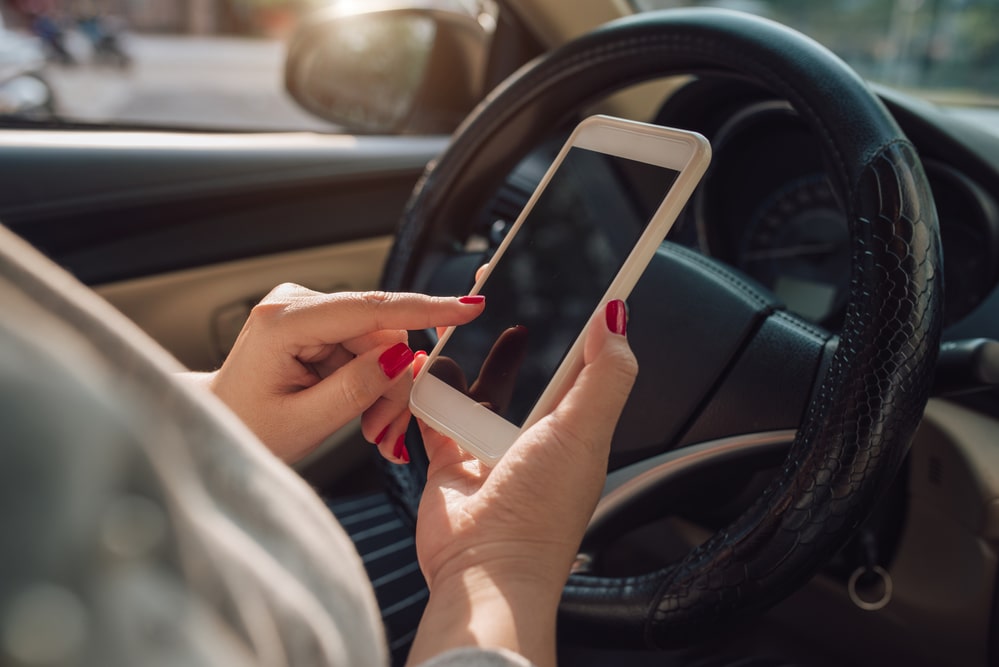Losing a loved one in a rideshare accident is an experience no family ever wants to face. These cases are often more difficult because they involve both the driver and the rideshare company, as well as insurance providers and other drivers who may have been involved. Families are left trying to process their grief while also dealing with legal and financial challenges. Knowing what options are available can help families take steps to protect their rights and pursue accountability.
Determining Liability After A Rideshare Death
One of the first steps after a fatal rideshare accident is figuring out who may be legally responsible. The driver of the rideshare vehicle may be at fault, but in many cases, other drivers or even the rideshare company itself may share liability. For instance, if the rideshare company failed to properly screen a driver or pressured them to meet unrealistic deadlines, the company may have contributed to the unsafe conditions that caused the accident.
How Insurance Coverage Works In Rideshare Cases
Rideshare companies typically carry insurance coverage for accidents involving their drivers, but these policies can be confusing. Whether or not the coverage applies often depends on what the driver was doing at the time of the accident. If the driver was actively transporting a passenger, the rideshare company’s insurance usually applies. However, if the driver was logged into the app but had not accepted a ride yet, the coverage may be limited.
This can lead to disputes between the rideshare company’s insurance provider and other insurers. Families may need to provide evidence about what stage of work the driver was in at the time of the crash. Attorneys like our friends at Loshak Law PLLC can attest to how challenging it can be to work through these layers of insurance and company policies, especially while families are grieving.
Filing A Wrongful Death Claim
A wrongful death claim allows surviving family members to seek compensation for the financial and emotional impact of their loss. This may include medical expenses, funeral costs, lost income, and loss of companionship. The claim is usually filed by close family members, such as a spouse, children, or parents of the person who passed away.
The process often involves gathering evidence such as police reports, witness statements, and rideshare company records. It may also require testimony from experts who can explain how the accident happened and what damages were suffered. Working with a Lyft accident lawyer can help families handle these steps and focus on healing while their case is handled with care.
Time Limits For Taking Legal Action
Every state has deadlines, called statutes of limitations, that limit how long families have to file a wrongful death claim. These time limits can vary depending on the circumstances of the case. If a government agency is involved, the time frame may be even shorter. Acting quickly helps preserve evidence and protect the family’s ability to pursue justice.
Taking The Next Step
If you have lost someone in a rideshare accident, it may help to speak with a trusted attorney who has experience handling these cases. They can guide you through the process of determining liability, handling insurance disputes, and filing a wrongful death claim. Taking these steps can bring a sense of closure and provide the financial support needed to move forward.


EXCELLENTTrustindex verifies that the original source of the review is Google. Justice was very informative & kind & went above & beyond for me in every way she could . I highly recommend this attorney!!!!Posted onTrustindex verifies that the original source of the review is Google. Had an initial consult with the paralegal this morning. She was so polite, and very helpful. Listened, took my info and made the process very easy, in an area where I have a tough time finding attorney's. Thank YouPosted onTrustindex verifies that the original source of the review is Google. Mrs Hall did a great job in helping me get the best outcome for my case. I highly recommend her services.Posted onTrustindex verifies that the original source of the review is Google. I was fortunate to receive help from Susannah and her team. Susannah is a highly knowledgeable expert in her field. Although my requests was relatively straightforward for such an experienced professional, Susannah and her team provided me with outstanding support and answered all of my questions. I recommend discussing your specific situation with Susannah—even if it feels stressful—because she is excellent at analyzing circumstances and presenting clear options and potential actions. I have no doubt that Susannah and her team have the expertise to provide the best insight and guidance in their field.Posted onTrustindex verifies that the original source of the review is Google. Process went smoothlyPosted onTrustindex verifies that the original source of the review is Google. Susannah Hall-Justice is an amazing attorney! She was on top of things every step of the way and I am very thankful for her!Posted onTrustindex verifies that the original source of the review is Google. I am currently a client of hers. I do get nervous going to court or just simply meeting with her as my lawyer because I never had to be in a situation that required me to need a lawyer! I feel safe with Ms. Hall-Justice because you can just tell she has your best interest! She listens, observes and make sure you are heard! I am praying to God I don’t have to look like what I’m going through because it’s stressful and I just want to go back to my regular life with my children!Posted onTrustindex verifies that the original source of the review is Google. This attorney is definitely a credit to her craft! She is very personable and never talks down to a client. She makes a person feel like he/she is actually part of what's going on. She negotiated with the prosecutor and i was offered EVERYTHING that I had hoped for and even more! I would definitely hire her again and i highly recommend that you hire her and trust her in what is often a very vulnerable and confusing time.Posted onTrustindex verifies that the original source of the review is Google. When we needed a Lafayette attorney to represent us for various charges, Susannah was all we could have hoped for. She had several charges dropped immediately and the remaining minor charges diverted for good behavior. After two months of good behavior, all charges were dismissed. Susannah and her assistant Erica were responsive, supportive and above all very effective. All at very reasonable rates. I have worked as a criminal defense lawyer in the past and I was very impressed.Posted onTrustindex verifies that the original source of the review is Google. Impressive and refreshing. I called Susannah’s office first thing in the morning to inquire about a minor legal service and left my contact information with her assistant. Susannah personally called me back only a short while later despite how busy she undoubtedly is. It turned out that the legal opinion I required had to be from a practicing attorney in a different state so we didn’t go forward. Still, the fact that she personally returned my call, and was genuinely pleasant and attentive, substantiates her very positive and personal reviews. Not to stray into the negative but what a breath of fresh air compared to most of the attorneys with whom I’ve spoken in this area - routinely terse, rude and bumptious. This (Hall-Justice) is the law office I will call first for any future legal needs. Thank you.




